Introduction
The diagnosis, treatment, and research of blood disorders and cancer are critical functions of the Department of Hematology and Oncology. This specialty division is committed to offering patients complete care while making use of the most recent developments in medical science and technology.
What is the Role of the Department of Hematology and Oncology?
Services Offered by the Department
1. Diagnostic Services:
A correct diagnosis is the foundation of a successful treatment approach.
Many diagnostic services are provided by the department, such as:
Blood tests: These are crucial for identifying several cancers and blood diseases, including anemia, lymphoma, and leukemia. Blood tests can monitor organ performance, identify aberrant cells, and measure the quantities of various blood cells.
Bone Marrow Biopsy: A procedure for diagnosing blood cancers and other marrow-related diseases that involves extracting and examining a tiny sample of bone marrow.
Imaging Studies: To identify tumors, track the course of a disease, and evaluate the effectiveness of a treatment, imaging techniques such as MRIs, CT scans, PET scans, and X-rays are performed.
Genetic testing: This can help tailor treatment plans by identifying particular genetic alterations that may be causing blood issues or fueling the growth of cancer.
2. Medical Interventions:
The division offers a variety of hematologic and oncologic disorder treatments, such as:
Chemotherapy: The use of medications to destroy or stop the growth of cancer cells. Chemotherapy can be given intravenously, orally, or by other means based on the kind and stage of the cancer.
Radiation therapy: reducing tumor size and killing cancer cells with high-energy radiation. It can be applied either on its own or in combination with other therapies.
Targeted therapy: Medication that specifically targets cancer cells' survival proteins or genetic abnormalities. This approach reduces damage to healthy cells.
Immunotherapy: Cancer treatments that use the immune system of the body to combat the disease. This covers monoclonal antibodies, CAR-T cell therapy, and checkpoint inhibitors.
Stem Cell Transplantation: Using healthy stem cells to replace defective or damaged bone marrow. This is a standard treatment for multiple myeloma, lymphoma, and leukemia.
Hormone therapy: Used to treat tumors that are susceptible to hormones, like prostate and breast cancer. This medication slows or stops the growth of cancer by blocking the body's natural hormones.
3. Oncology Surgery:
To remove tumors, biopsy concerning areas, and relieve symptoms, surgery is frequently required. The department provides:
Tumor Resection: This involves surgically removing a tumor to stop the cancer from spreading and to relieve symptoms.
Minimally Invasive Surgery: Methods such as robotic-assisted surgery and laparoscopic surgery allow more precise tumor removal with less tissue damage and faster recovery periods.
4. Palliative and supportive care:
It is essential to assist patients along their course of treatment. The department offers:
Pain Management: Using drugs, nerve blocks, and other methods to treat pain associated with cancer.
Nutritional Support: Assisting patients in eating healthily while undergoing therapy.
Psychosocial Support: Guidance services to assist patients and their families in managing the psychological and emotional effects of blood diseases and cancer.
Palliative Care: A treatment for people who have life-threatening diseases with the intention of improving their quality of life by managing their symptoms and providing support.
Hematology and Oncology's Significance in Healthcare
For blood illnesses and tumors to be detected early, correctly diagnosed, and effectively treated, the disciplines of hematology and oncology are crucial. The Department of Hematology and Oncology can provide patients with individualized treatment programs that enhance their quality of life and overall outcomes because of technological and scientific developments in medicine.
Since they have a substantial impact on survival rates and the efficacy of treatments, early diagnosis and therapy are essential to the management of these illnesses.
Innovative Therapies and Technologies:
Leading the way in medical innovation is the Department of Hematology and Oncology, which makes use of state-of-the-art technologies and techniques like:
Precision medicine: Creating more individualized and successful therapies by customizing care based on each patient's unique genetic and molecular profile.
CAR-T Cell Therapy: A groundbreaking immunotherapy that reprograms a patient's T-cells to attack cancerous cells. This has demonstrated amazing efficacy in the treatment of specific forms of lymphoma and leukemia.
Next-Generation Sequencing (NGS): This cutting-edge genetic testing enables a thorough examination of a patient's cancer, identifying certain mutations that can be treated with precision therapies.
Proton therapy: A form of radiation therapy that targets tumors more precisely while causing less harm to surrounding tissues. Protons are used in place of X-rays.
Clinical studies: By taking part in multiple clinical studies, the department provides patients with access to the latest experimental medications and treatments.
👉 Contact us for further information and receive a complimentary consultation.
Hematologists take care of many different types of blood problems, such as anemia, problems with clotting blood, hemophilia, leukemia, lymphoma, myeloma, and sickle cell disease. They also take care of problems with the bone marrow and other blood cancers.
During your first visit, you will get a full evaluation that may include some diagnostic tests, a review of your medical history, and a physical check. The oncologist will talk to you about your illness, explain the different types of treatment, and help you make a personalized treatment plan. There may be other people on the care team that you meet as well, like nurses, chefs, and social workers.
There are different ways to give chemotherapy, such as by mouth (pills or drinks), intravenously (through an IV), or by injection. Chemotherapy can cause tiredness, sickness, vomiting, hair loss, anemia, and an increased chance of infection. These side effects depend on the drugs used and the person receiving them. Your care team will help you deal with these side effects and be there for you during your treatment.
Genetic testing is an important part of treating cancer because it finds the flaws or genetic changes that are making the cancer grow. This knowledge helps doctors choose focused treatments that are more likely to work for the type of cancer the patient has. Genetic tests can also tell you about genetic cancer traits, which can change how you choose to treat your cancer and let your family know how likely they are to get it.
People who take part in clinical studies can get cutting-edge treatments that aren't widely offered yet. Talk to your doctor about joining a clinical study. They can tell you about studies that are currently going on that might be right for you. The Departments of Hematology and Oncology are active in many clinical studies. These trials give patients the chance to benefit from the newest study and improvements in cancer care.
Experience the difference that expertise and compassion can make. Meet our exceptional team of experienced doctors, and trust us to provide you with the best in healthcare.
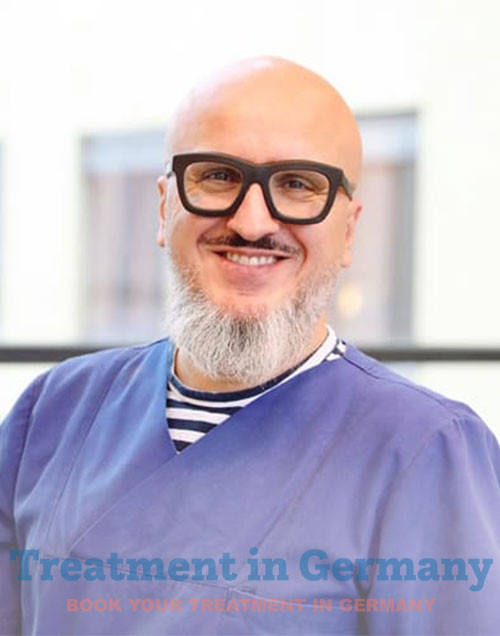
Hematology and Oncology
Chief Physician of Hematology / Internal Oncology
Krefeld

Hematology and Oncology
Chief Physician for Oncology and Hematology
Freiburg
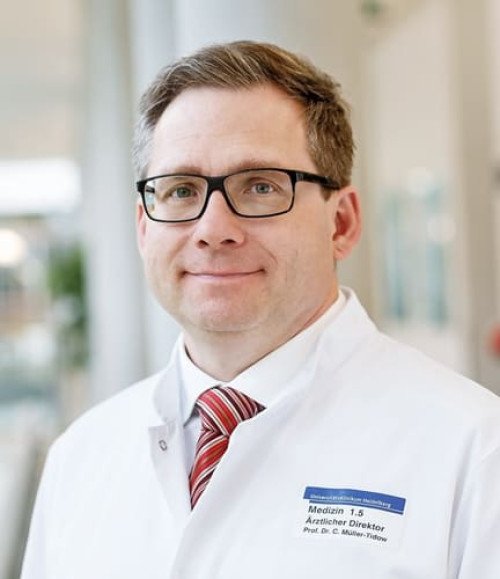
Hematology and Oncology
Chief Physician of Hematology and Oncology
Heidelberg

Hematology and Oncology
Specialist in Internal Medicine and Hematology and Oncology
Würzburg
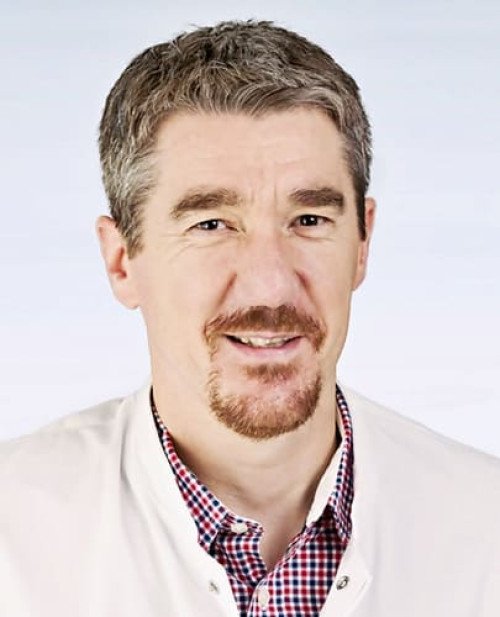
Hematology and Oncology
Specialist in Hematology and Internal Oncology
Aachen
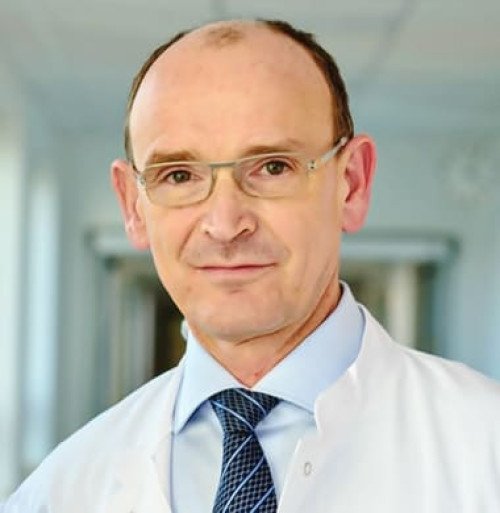
Hematology and Oncology
Director of the Medical Clinic and Polyclinic III
Bonn
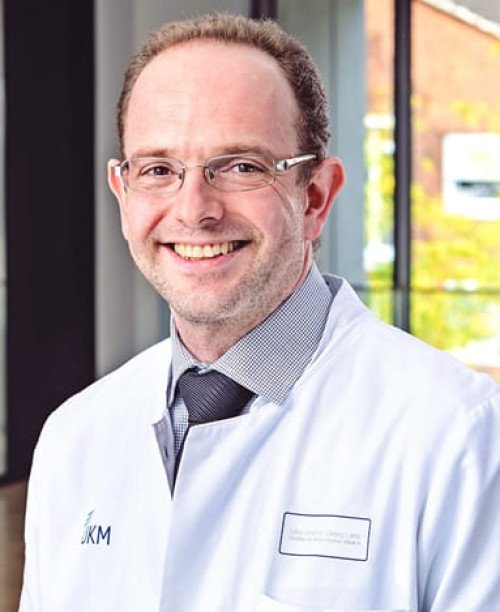
Hematology and Oncology
Director of Department of Internal Medicine
Muenster / Münster
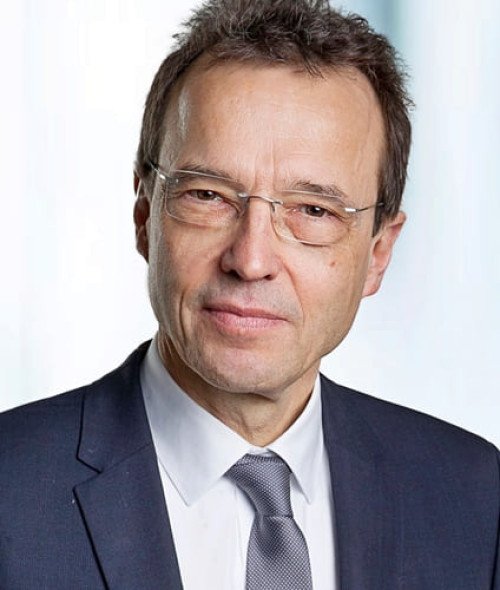
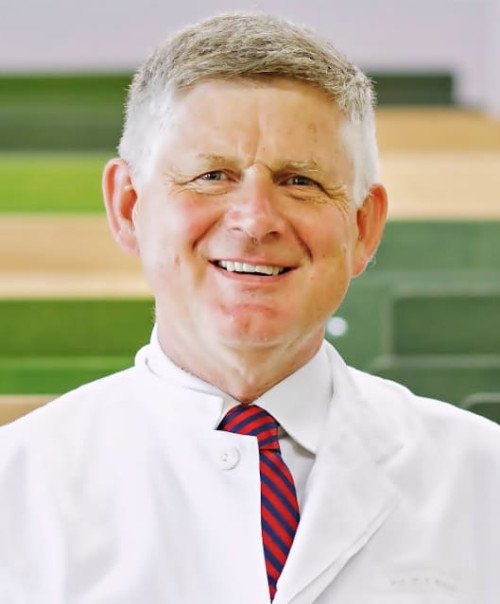
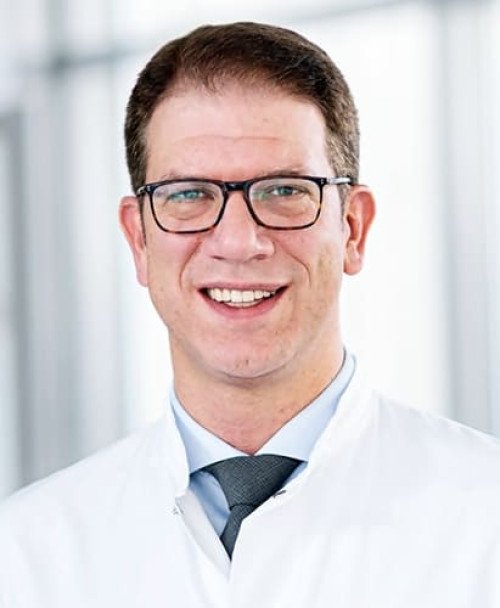
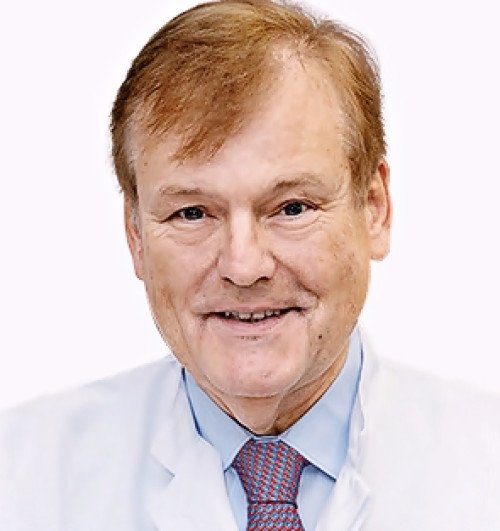

.webp)
 (1).webp)

.webp)
 (1).webp)


.webp)
 (1).webp)

.webp)
 (1).webp)
